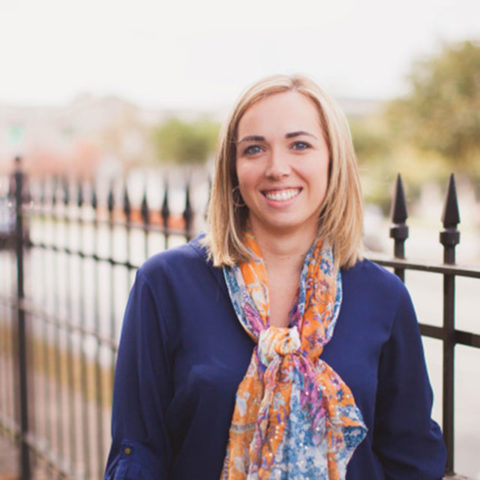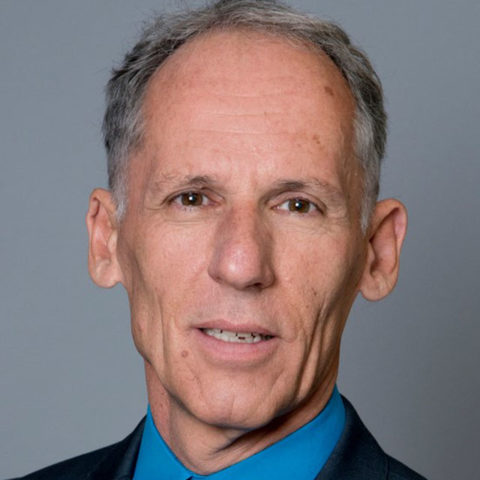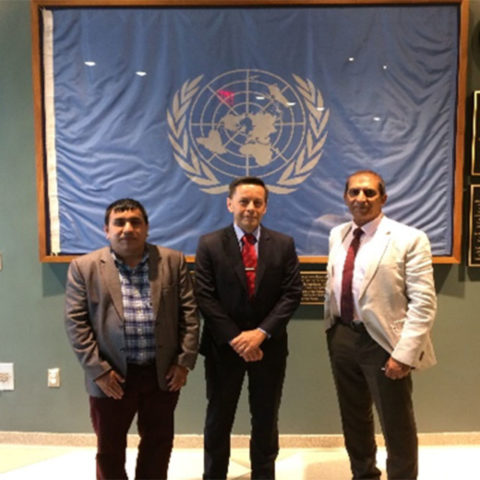
Talking leprosy: Anna Wickenden
This month we catch up with Anna Wickenden, the Director of the AIM Initiative, and hear her views on how the leprosy community can demonstrate leadership in the broader fight against NTDs.
Born in London, U.K., Anna Wickenden’s commitment to combatting Neglected Tropical Diseases (NTDs) has seen her spend a decade living in Canada before moving to west Africa last year, where she oversees the AIM Initiative.
Coming from a disability sector background, Anna moved to Canada in 2007 to work for Effect: Hope (then The Leprosy Mission Canada), before her appointment as AIM Director two years ago, and the subsequent move to Ghana with her husband.
The AIM Initiative aims to break down the barriers to NTD care through using innovative mapping techniques and integrated health system based interventions that help guide governments and partners to design health care programmes that target the areas of greatest need and highest risk. The very fact that these diseases are neglected is personally motivating to Anna, who says the role appealed to her because it provides a real ‘opportunity to make a difference and address a gap in the link between data and data driven programming’.
The AIM Initiative is currently supporting mapping in 7 countries, although Anna is currently spending a lot of time in Liberia – a country where the 3 pillars of the initiative (mapping, national plans for case management and an integrated response) are being implemented in partnership with the Ministry of Health. The work can be challenging and stressful at times, she says, with obstacles such as “poor infrastructure, seasonality, governance and a health system still rebuilding after the war and Ebola” to contend with, but it can also serve as a model for what is possible to achieve with integration, government ownership and collaboration and responsive data driven support from partners.
Several ILEP members have been champions of the AIM Initiative, including Sasakawa Memorial Health Foundation, American Leprosy Missions and Effect:Hope, and Anna believes the leprosy sector can add considerable value to the broader fight against NTDs.
“Of all the NTDs, leprosy is the most advanced in terms of case management”, she says. “Morbidity management for leprosy is the best supported, has the most data and has the broadest expertise, compared to other diseases such as Buruli Ulcer and LF. The leprosy community could be a huge point of leverage of knowledge and reach for other NTDs; this could be a game-changer for other diseases and also benefit the leprosy community as it continues to demonstrate its relevance and importance in serving the needs of some of the world’s most neglected and vulnerable populations.”
Collaboration is clearly fundamental to Wickenden’s approach, and she is a member of the ILEP Institutional Fundraising network that was established towards the end of 2017. She believes the network has the potential to overcome ‘deeply ingrained’ organisational silos, and that it can serve as a platform for building trust, which is already ongoing in some areas. She points to the success of other disease partnerships, such as ICTC, which used collaboration amongst stakeholders to demonstrate not only the tools for combatting trachoma, but also obtaining high-level political and financial commitment for action.
And she believes that the leprosy community and ILEP members are well positioned to lead the way in NTD control, case management and universal health coverage for NTDs. “I think there is a huge opportunity to collectively position ourselves as key collaborators and technical experts in areas that are traditionally neglected in NTDs, from early case detection and treatment, to stigma and inclusion. There is huge potential value in using this expertise to help strengthen health systems in endemic countries.”
For more information on the AIM Initiative visit: http://aiminitiative.org
Article by ILEP’s Rosa Argent.

